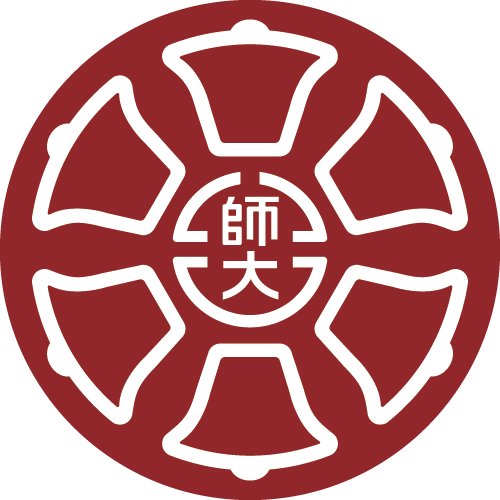Home › Programs › Mandarin-Taught Master's Degree Program › Translation and Interpretation at National Taiwan Normal University


This award is available to pursue a full-time master’s degree program in Translation and Interpretation at National Taiwan Normal University (NTNU). The program is taught in Mandarin.
The Graduate Institute of Translation and Interpretation at National Taiwan Normal University is commonly regarded as one of the finest programs of its kind in the world. Each year roughly twenty students are admitted into the MA program. Admission is competitive with an acceptance rate of roughly 9%. To be considered for admission, students must demonstrate a strong command of both English and Mandarin Chinese. International students are encouraged to apply.
The MA program has two distinct and separate tracks, with two fairly distinct emphases: the Conference Interpretation track, with a focus on the spoken word, and the Translation and Interpretation track, whose focus is on the written word. Students in the Conference Interpretation track are expected to complete courses in consecutive interpretation (Chinese to English; English to Chinese), simultaneous interpretation, and the like. Students in the Translation and Interpretation track enroll in courses that enhance their ability to produce written translations in a variety of disciplines (business and legal documents, literary translations, subtitle translations, and so on). Courses offered in recent years include Translation Exercises: Chinese to English, History of Translation, Translation Theory, and Translating the New Testament.
Interested students must indicate which of the two programs they are applying to. It is possible to apply to both programs, but even students who are admitted to both can enroll in just one of the two. More information can be found on the departmental website.
Fulbright students are expected to fulfill English Teaching Assistant duties while studying for their degree. Internship opportunities are available.
Attending GITI is a rich and rewarding experience. Students find that their knowledge of both Chinese and English is enhanced. Friendships are formed that last for a lifetime. New and unexpected career opportunities open up. Since GITI is located in Taiwan, American students studying at the program will also gain a unique and invaluable perspective on the enormous complexities surrounding US-Taiwan-China relations.
The award is co-sponsored by the National Taiwan Normal University. This program will take 2 years to earn a master’s degree, and NTNU offers full tuition waivers and student dormitory as long as the candidate maintains satisfactory academic standards.
As Taiwan’s vibrant capital, Taipei sits in the northern part of the island. Nestled in a basin surrounded by mountains, the city offers a unique blend of urban convenience and natural beauty. It is also the political and economic heart of Taiwan, providing easy access to key institutions, research facilities, and leading industries. Within a short distance, students can experience bustling city life, hike in mountains, or visit nearby hot springs. This location, combined with Taipei’s well-known night markets, iconic landmarks like Taipei 101, and rich cultural offerings, creates an exciting and dynamic environment for international students to live, study, and grow professionally.
2.65 million (2024)
Taipei has a humid subtropical climate, hot summers and mild winters. The average temperature in summer ranges from 27°C to 33°C (80°F to 91°F), while winter temperatures typically fall between 15°C and 20°C (59°F to 68°F). Summers are hot and humid with occasional rainstorms and typhoons, while winters are short, generally warm, and often foggy.
Required – Intermediate
The applicant’s Chinese proficiency of CEFR B1 or its equivalent is required. Advanced Mandarin study in Taiwan in the first year is required. CEFR B2 is expected at the beginning of the second year.
Contact
Note: Please find Fulbright grant benefits at Fulbright Taiwan, and submit the Fulbright application via IIE system by October 7, 2025.
